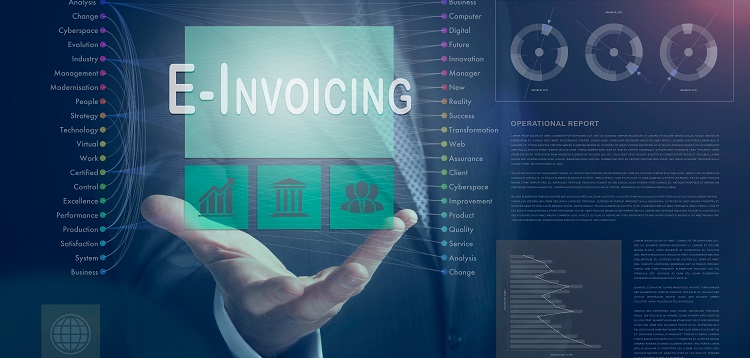As the UK economy continues to face challenges, small and owner-managed businesses are struggling to manage their finances, especially cash flow. Penny, a leading digital lender, is committed to providing access to finance for UK SMEs. Their latest solution, Penny Connect, is a partner integration solution that enables platforms to integrate with the Penny network and offer tech-driven invoice finance to their customers. In this article, we will explore how Penny Connect can help businesses of all sizes overcome the challenges of waiting for invoice payments.
Penny Connect is an embeddable tool that enables platforms to integrate with the Penny network seamlessly. The solution offers tech-driven invoice finance to businesses, helping them manage cash flow in a more efficient way. This type of financing allows businesses to receive payment for their invoices quickly, instead of waiting for payment using traditional payment terms which may take up to 90 days.
Cash flow challenges for UK businesses
As the country faces an ongoing economic downturn, the challenges of managing cash flow become more acute for UK businesses. For small and owner-managed businesses, in particular, waiting for invoice payments can place a significant strain on their finances, which can lead to reduced productivity, supply chain disruptions, and, in the worst-case scenario, business failure. With Penny Connect, businesses can gain access to financing much faster, avoiding these issues altogether.
Penny’s approach to bridging the funding gap
Penny’s tech-based approach is unique in enabling businesses of all sizes, including traditionally underserved micro-enterprises, to access the funding they need. This commitment to serving the financial needs of UK SMEs has driven Penny to create solutions like Penny Connect. The funding they have earmarked to tackle problems within the supply chain underscores their commitment to providing access to finance for UK SMEs.
Adam Parker, Penny’s Managing Director, said, “We created Penny so businesses could free themselves from waiting for invoices to be paid and get the cash flow they need to achieve their goals. Creating this embeddable tool means partners have far more control than with old-fashioned referrals but far fewer complications and less planning required for full integration. Clients stay within the partner ecosystem, integration times reduce from months to days, engagement and conversions increase, and most importantly, SMEs have access to the finance they need with confidence and speed.”
The Challenges of Waiting for Invoices to be Paid
Suppliers waiting for cash to trickle in often get caught in vicious cycles of managing outgoings while raising invoices on extended terms. Penny Connect is a solution that can help alleviate these challenges by helping customers get the money they need quickly and efficiently.
To demonstrate its commitment to SMEs, Penny has earmarked significant funding to tackle issues within the supply chain. Penny understands that no business should go under due to cash flow challenges or waiting for outstanding invoices to be paid. By providing solutions like Penny Connect, the company is helping businesses stay afloat, survive, and thrive.
In conclusion, Penny Connect offers a much-needed solution for UK SMEs, who navigate the challenges associated with cash flow management. By offering tech-driven invoice finance and a seamless integration process, Penny Connect empowers partners to help their customers access the funding they need. Penny’s commitment to serving the financial needs of UK SMEs is inspiring, and we look forward to seeing what the company will innovate next to help small and owner-managed businesses overcome their financial challenges.

